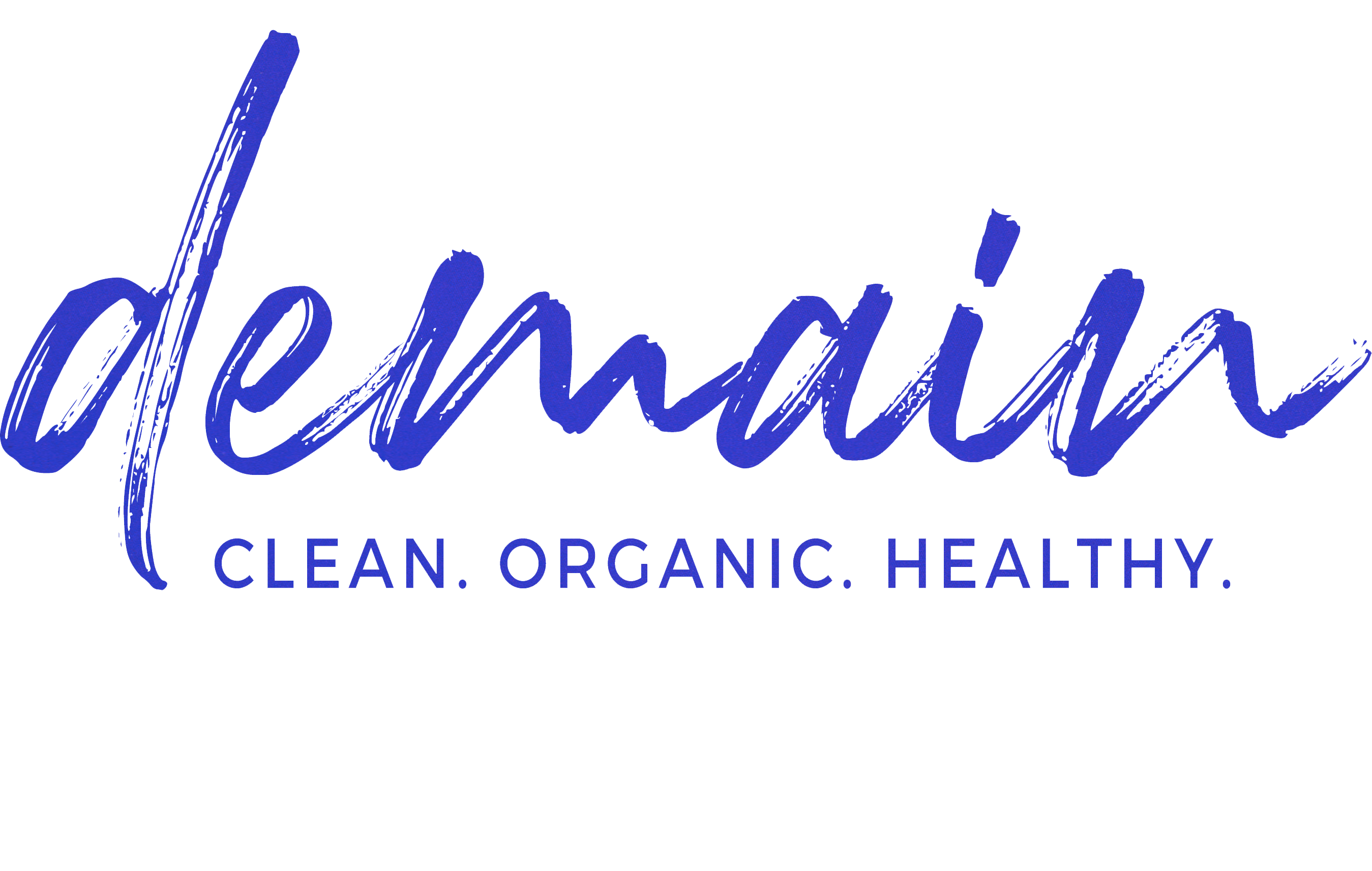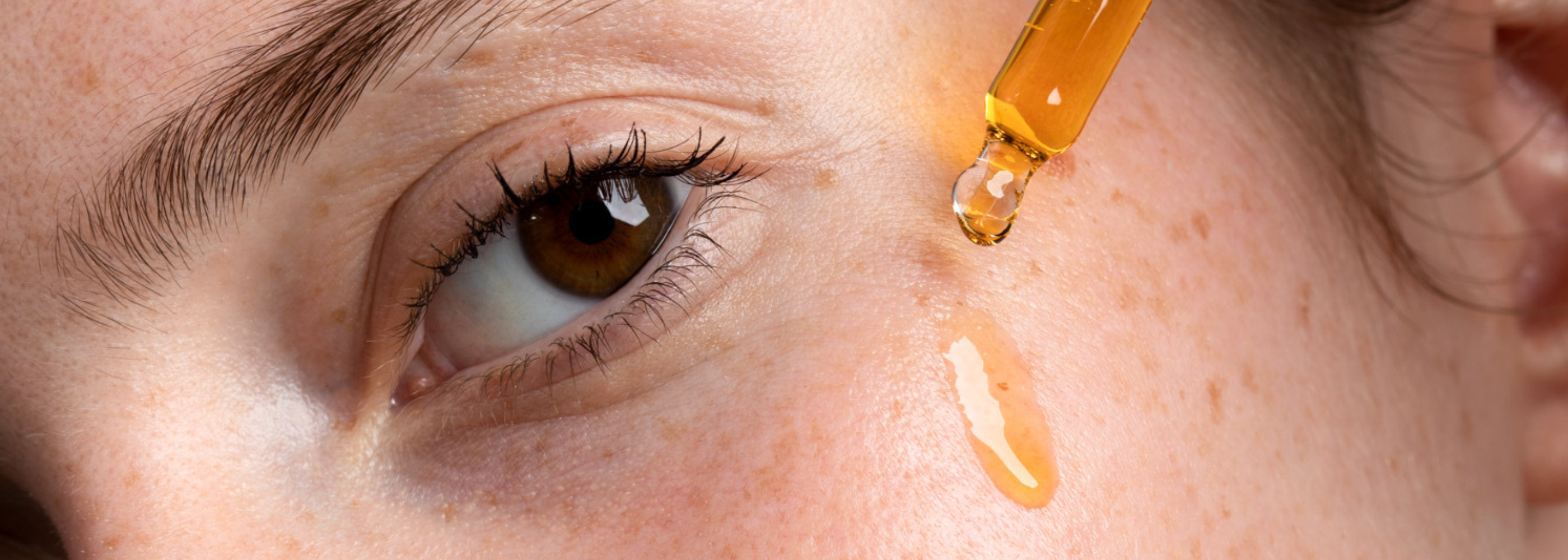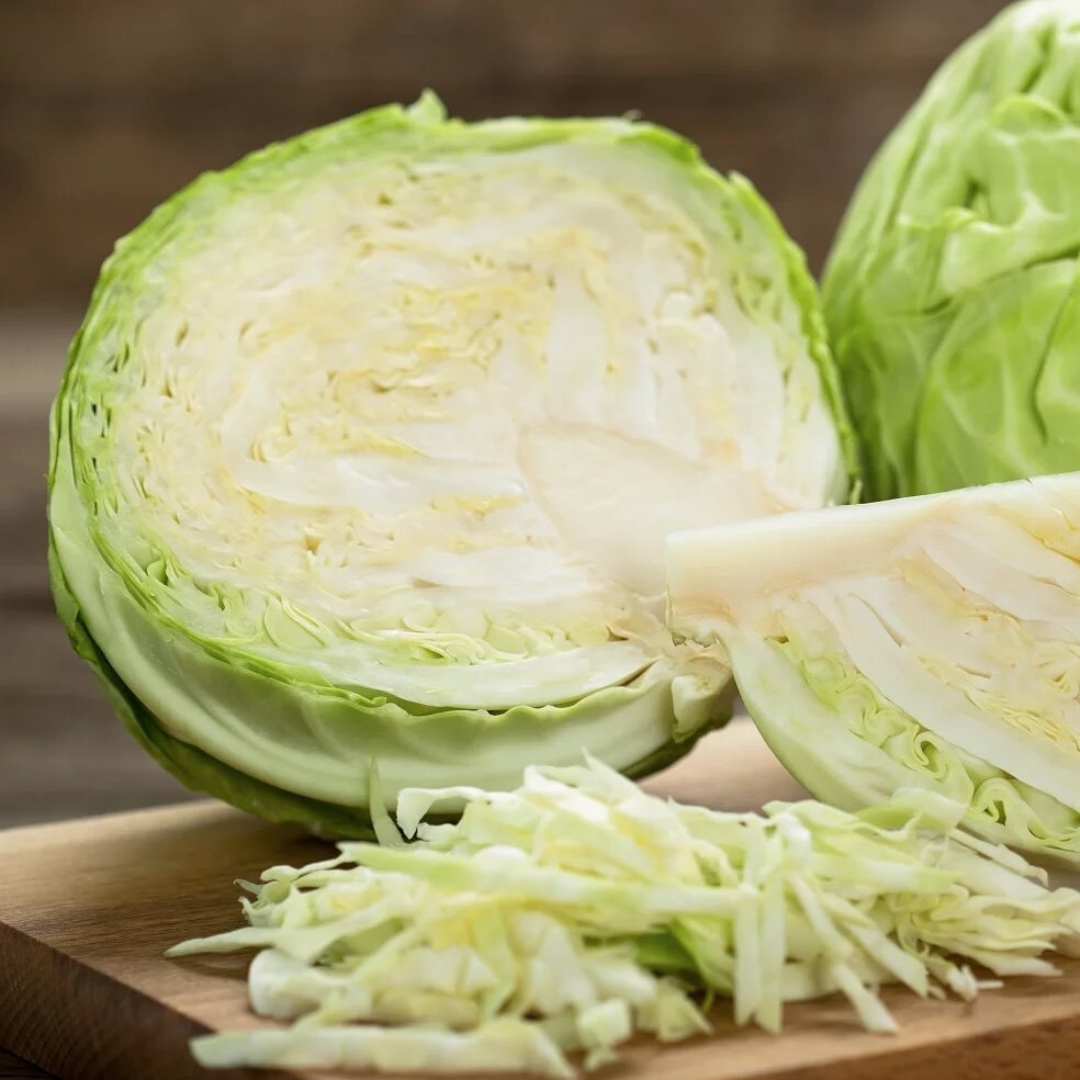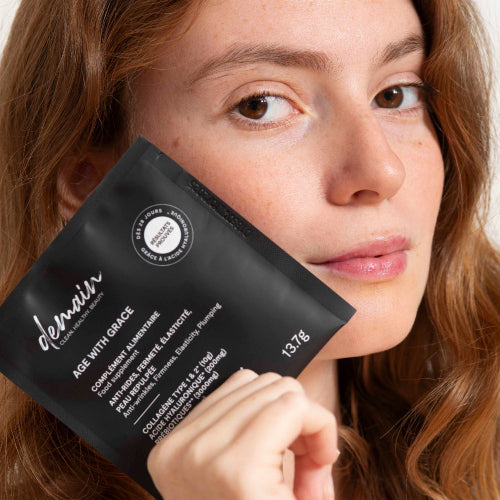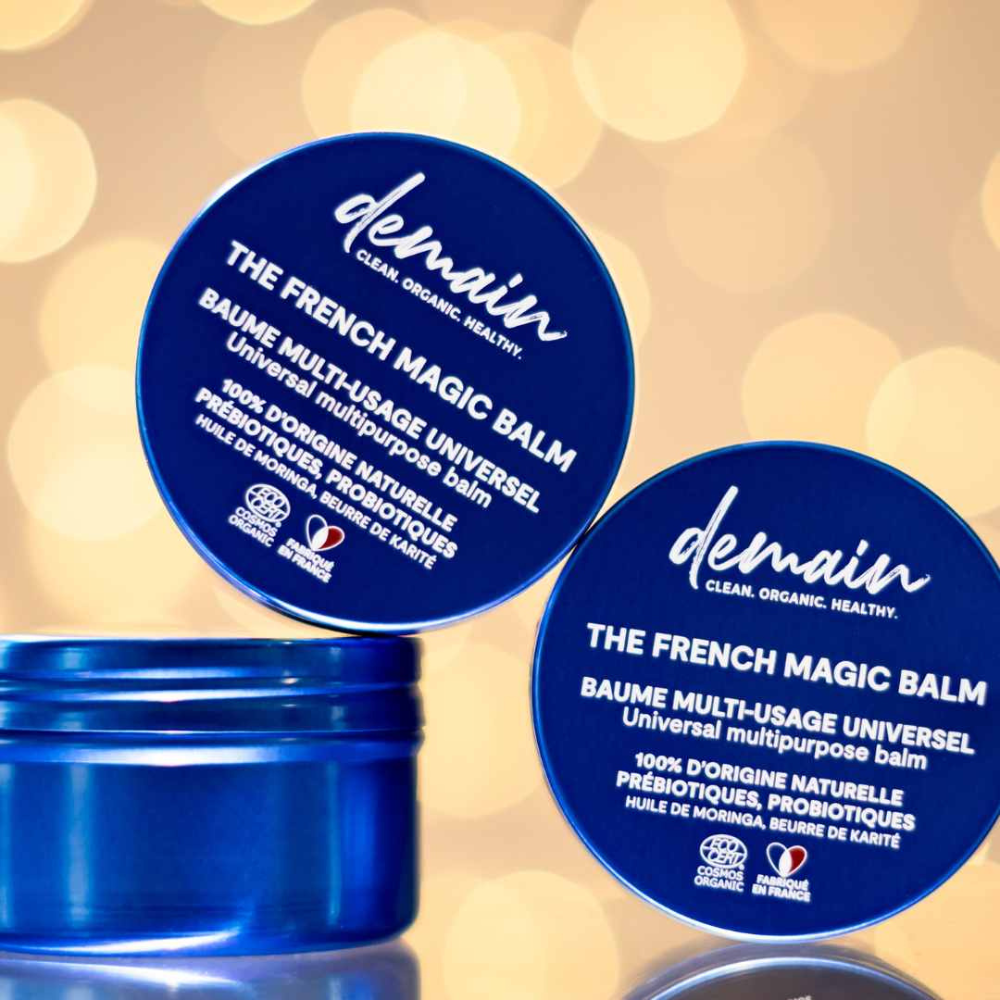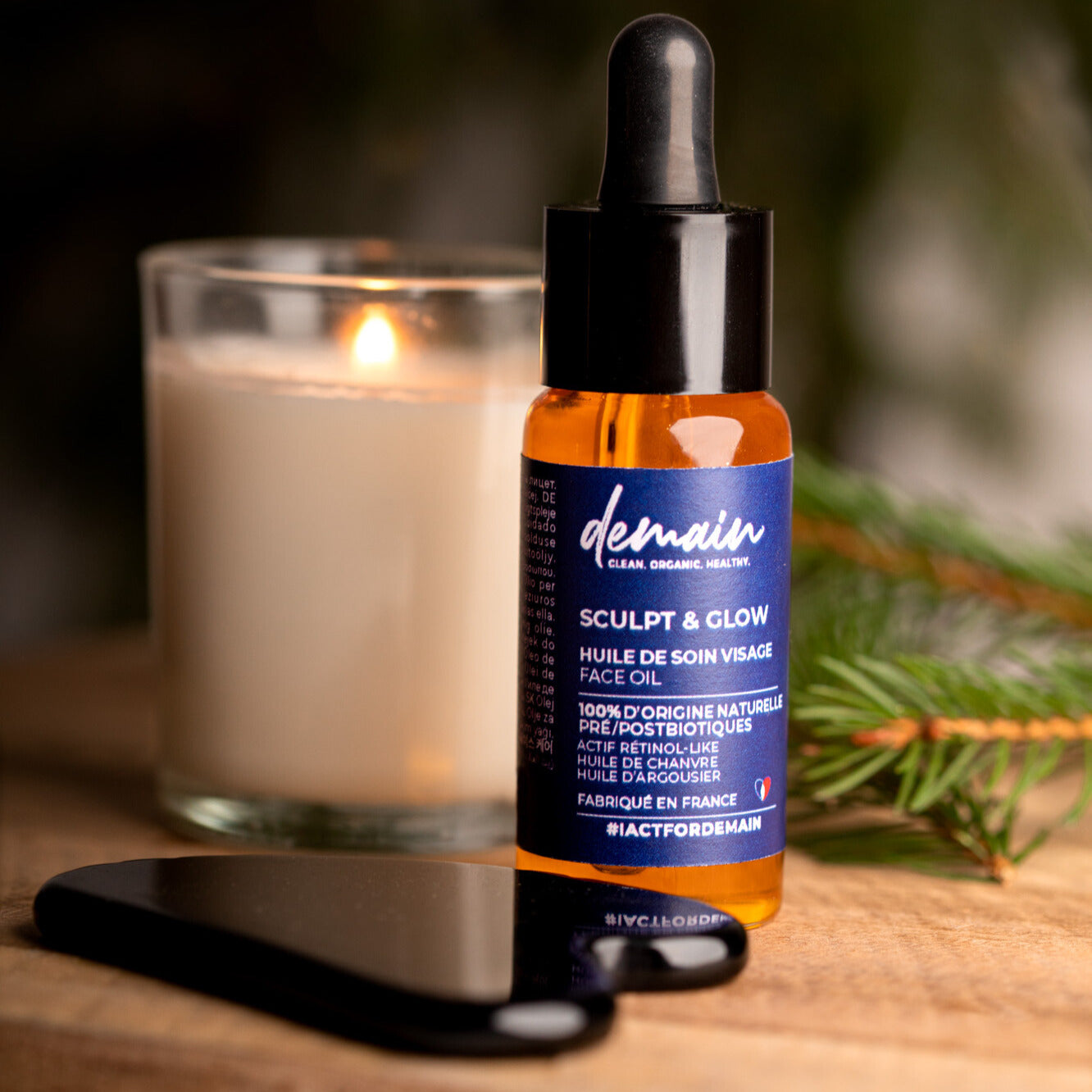The Unsuspected Benefits of Raw Sauerkraut
Can you eat raw sauerkraut?
Yes! It's even excellent for your health, provided you prepare it properly. Raw sauerkraut is packed with probiotics.
We're giving you a delicious sauerkraut recipe right here.
Fermentation: The Health Benefits of Probiotics
Fermented foods, such as raw sauerkraut , are a source of vitamins and probiotics. They also increase the production of digestive enzymes, promote digestion, and boost our intestinal flora and immunity.
Probiotics help strengthen the latter by providing support to our good bacteria.
Good health of the skin and intestinal microbiota is very dear to Demain® .
All our products are enriched with probiotics.
Probiotics increase the diversity of our bacterial strains
The advantage of "external" probiotics, whether from food or dietary supplements, is that they also increase the diversity of the bacterial strains that make us up.
However, the richness of a microbiota also lies in the richness of the diversity of its population! By consuming small amounts of fermented foods or food supplements every day, we help our intestinal microbiota maintain the adequate proportion of good bacteria that defend us when bad bacteria try to colonize our organs.
Regularity in taking probiotics more than quantity
What matters is consistency. Probiotics work best if consumed frequently and in small amounts. So, no excess—consistency over quantity!
At Demain® , you will find probiotics in our food supplements Go For Protection and Go For Detox .
Directions for use: Take 1 capsule in the morning with a large glass of water, 15 minutes before consuming a hot drink.

